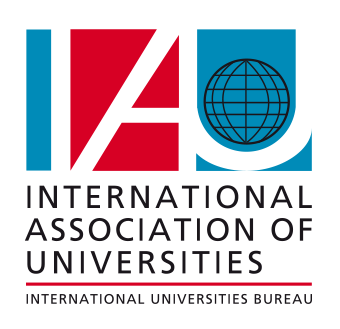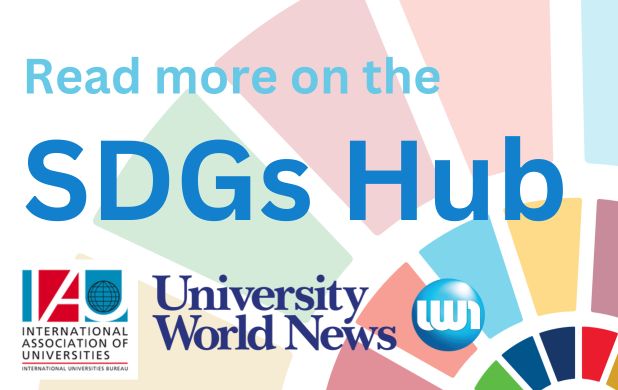Institute of Environment (IOE)
Lebanon's value lies in its geography, landscape, climate and a liberal democratic system. The latter is the main theme that is constantly discussed and critiqued, while the former, Lebanon's environment, has been, and still is neglected. Lebanon is blessed with scenery and a unique climate in the region and boasts many diverse habitats full of plant and animal life. The war years (1975-1990) intensified the destructive behavior through unregulated development (quarries, urbanization, lack of sufficient infrastructure, etc.) and the mismanagement of resources. These attacks include: pollution, deforestation, land reclamation from the sea, siphoning of sand from beaches, indiscriminate fishing using conventional and non-conventional methods, unregulated hunting of native and migrating birds, indiscriminate construction, quarrying in mountain sites, all activities that will eventually lead to the degradation of the Lebanese natural habitat and the Mediterranean Sea.
While the efforts of the NGOs and academic institutions are to be applauded, there is still much work to be done. The new generations have yet to establish a culture conscious of the importance of the wise management and conservation of natural resources.
Because the preservation of the Lebanese natural environment is a priority for the University of Balamand (UOB) and given the numerous problems plaguing the protection and sustainable management of Lebanese natural resources, the UOB found it essential to commit human and material resources to launch a multidisciplinary Institute of the Environment to address the pressing environmental concerns through scientific research and public action.
Inaugurated in January 2004, the Institute aims to motivate the UOB community, the public at large in Lebanon, and the region to participate more effectively in the advancement of ethical and competent environmental practices. Through scientific research, the Institute strives to formulate and communicate scientific knowledge that promotes effective decision making supportive of sustainable development policies. Currently the Institute hosts three fully staffed programs:
- Marine Resources & Coastal Zone Management Program
- Biodiversity Program
- Environmental Communication Program
- In addition, several environmental projects and activities that were started previous to the launching of the Institute are being incorporated within the Institute as appropriate and necessary. Of those, the following are of main importance:
- Mediterranean Environmental Reporting Monitoring System (MED-ERMIS)
- Strengthening the Environmental Legislation Development and Application System in Lebanon (SELDAS)
- Developing Wildlife Ecotourism at Al-Shouf Cedar Nature Reserve and Horsh Ehden Nature Reserve
- The UNESCO-Cousteau Ecotechnie Chair
The Institute of the Environment is steadily and seriously striving towards becoming a reference center for both practical and theoretical research that will contribute to the sustainable development of the Lebanese society and that of the region while at the same time preserving natural resources for future generations. Within this context, the Institute is constantly searching for funding opportunities and submitting research and development project proposals that fall within its scope of interest. Accordingly, the UOB has been successful in mobilizing more than two million dollars in support of its environmental activities.
More Information
https://www.balamand.edu.lb/ioe/Pages/default.aspx


